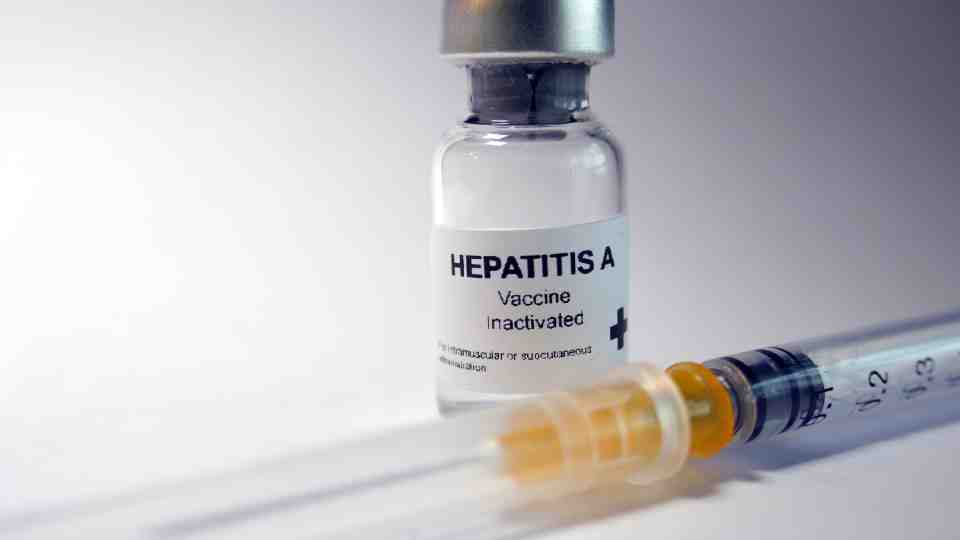Hepatitis A
Hepatitis A is a viral infection that affects the liver, causing inflammation and reducing its ability to function properly. The virus spreads through contaminated food or water, or by direct contact with someone who is infected. While cases are rare in the UK, hepatitis A remains common in areas with poor sanitation and hygiene.
High-risk regions include the Indian subcontinent, Sub-Saharan Africa, parts of the Far East, Central and South America, and the Middle East. Travellers to these areas face a greater risk of infection, especially if staying long-term or visiting rural locations.
Certain groups are more vulnerable, including people with liver conditions, long-stay travellers, men who have sex with men, and those who inject drugs. Good hygiene and avoiding unsafe food and water are important preventive steps, but vaccination provides the most reliable protection.
If you’re travelling to an at-risk region, speak to us about the hepatitis A vaccine in Manchester to stay protected.

Symptoms
Hepatitis A symptoms can vary widely from person to person. In young children, the infection often causes few or no symptoms. However, adults are more likely to experience noticeable and sometimes severe illness.
Common symptoms include fatigue, nausea, vomiting, loss of appetite, diarrhoea, and fever. About a week after these symptoms begin, jaundice may develop—this causes yellowing of the skin and eyes. The illness can last anywhere from a few weeks to several months.
Dehydration is a common complication, especially in older adults. Although the symptoms can be severe, most people recover fully and gain lifelong immunity to the virus. Early diagnosis and supportive care help manage symptoms and reduce the risk of complications.
If you’re travelling to a region where the virus is common, consider getting the hepatitis A vaccine in Manchester to protect your health before you go.

Vaccination
The hepatitis A vaccine offers long-lasting protection and is especially important for travellers visiting high-risk regions. It’s available as a standalone vaccine or combined with others like hepatitis B or typhoid.
A full course provides protection for at least 25 years, and possibly for life. Public Health England currently recommends a booster after 25 years for those still at risk. Some individuals with weakened immune systems may need boosters sooner.
To find out if you’re due a dose, speak to our team about the hepatitis A vaccine in Manchester.
Book Now
Book your appointment with us today to receive your hepatitis A vaccine. Let us help you travel with confidence and peace of mind.


